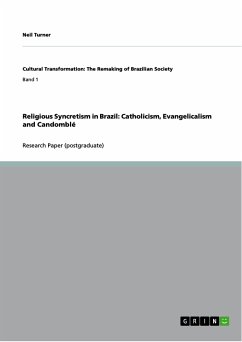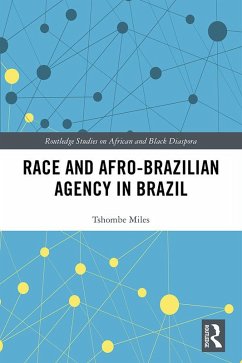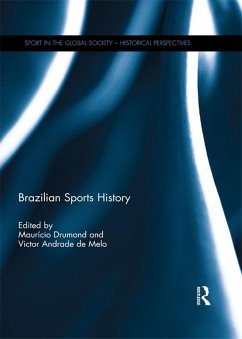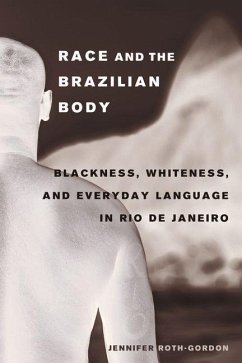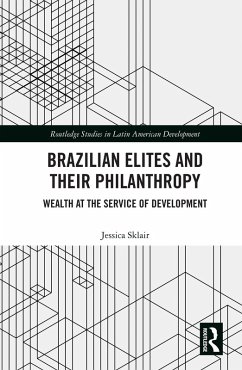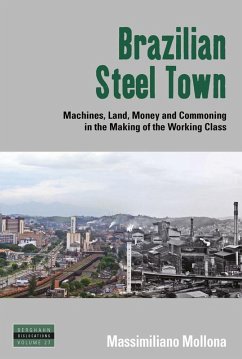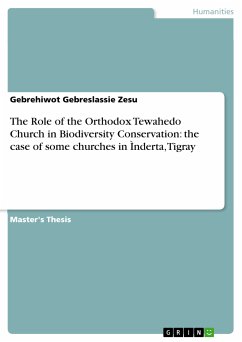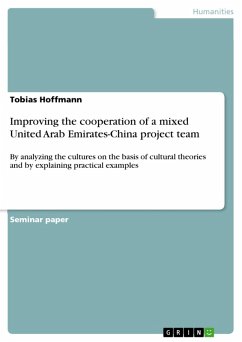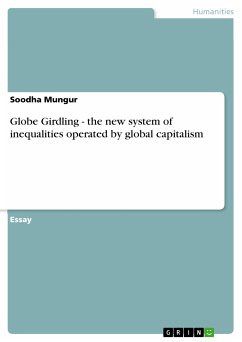
Candomblé and the Brazilian jeitinho (eBook, ePUB)

PAYBACK Punkte
0 °P sammeln!
Seminar paper from the year 2007 in the subject Cultural Studies - Basics and Definitions, grade: PhD, The Steinhardt School of Culture, Education, and Human Development (NYU), course: Cross-Cultural Studies of Socialization, language: English, abstract: Brazil has been through several identity crises throughout its history. The question "who are we?" has permeated the national intellectual production in various moments. Macunaima, a hero of no character created by Mario de Andrade, is born out of the need for a new definition of what the Brazilian identity meant, which was a much debated them...
Seminar paper from the year 2007 in the subject Cultural Studies - Basics and Definitions, grade: PhD, The Steinhardt School of Culture, Education, and Human Development (NYU), course: Cross-Cultural Studies of Socialization, language: English, abstract: Brazil has been through several identity crises throughout its history. The question "who are we?" has permeated the national intellectual production in various moments. Macunaima, a hero of no character created by Mario de Andrade, is born out of the need for a new definition of what the Brazilian identity meant, which was a much debated theme throughout the 1920s, when a new wave of immigration contributed to a changing state of the nation. Rumors described the superiority of foreign workers. Some historians explained that the Brazilian people had inherited the lack of interest in work from the slaves and the laziness from indigenous people. This scenario contributes to the perception that the "jeitinho" was a national characteristic. The institutionalization and perhaps the most aggressive illustration of this Brazilian value happened in the 1970s, in a TV commercial of a cigarette brand. Nationalism was thought of in different parameters than in the 1920s. There was a Brazilian pride and a megalomania created by the dictatorship. The ad shows World Cup champion Gerson striking his most famous quotation: "You like to take advantage of everything, right?" The interpretation was not pejorative at the time, but it later became a law. "For that time it was an extremely spread jargon. The commercial used an identity element that was part of the popular imagination," asserts Maria Izilda Matos, historian and researcher of the bohemia. "The Gerson law worked as another element in the definition of national identity and the most explicit symbol of our ethics or lack of it."
Dieser Download kann aus rechtlichen Gründen nur mit Rechnungsadresse in A, B, BG, CY, CZ, D, DK, EW, E, FIN, F, GR, HR, H, IRL, I, LT, L, LR, M, NL, PL, P, R, S, SLO, SK ausgeliefert werden.





